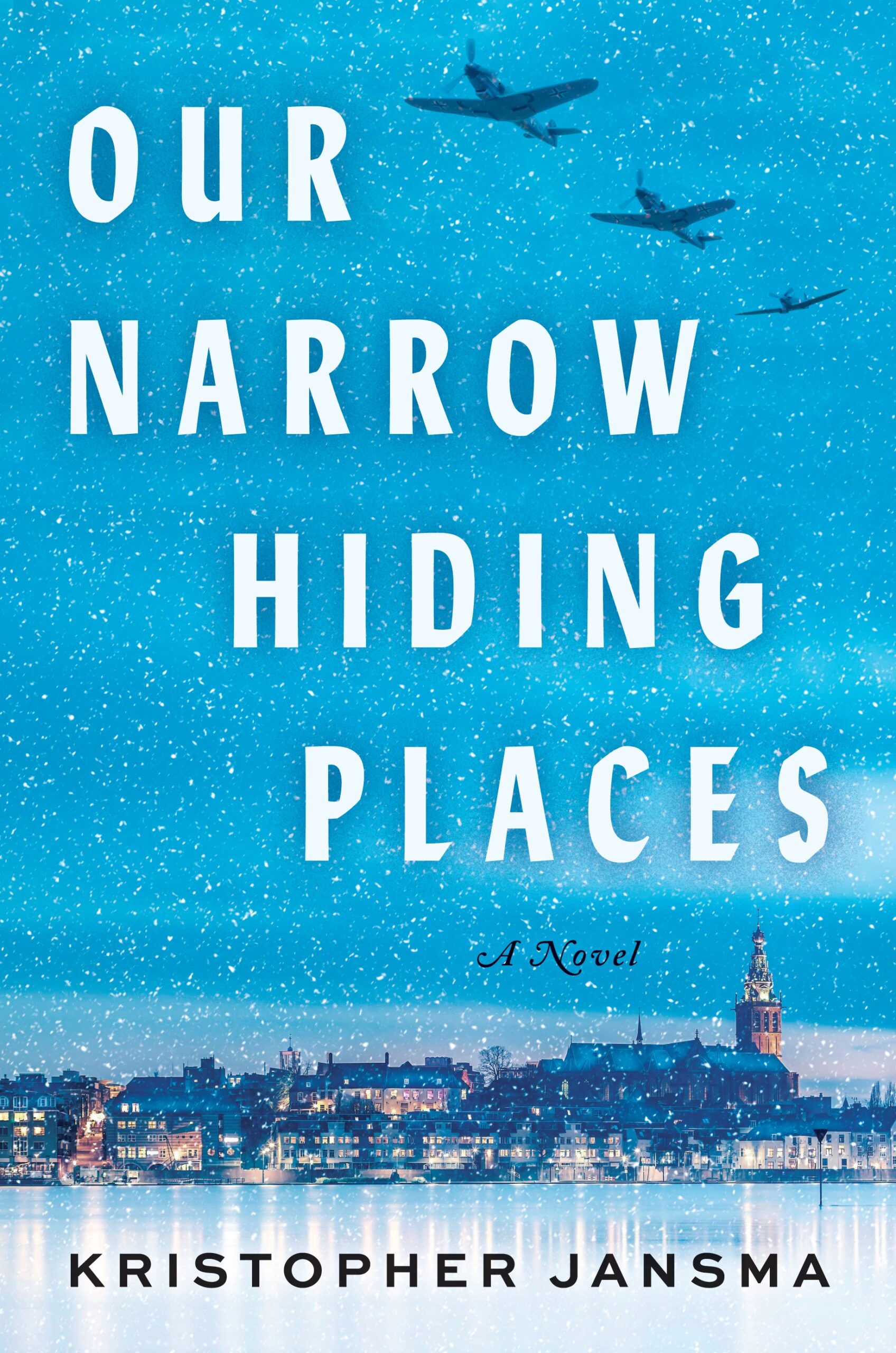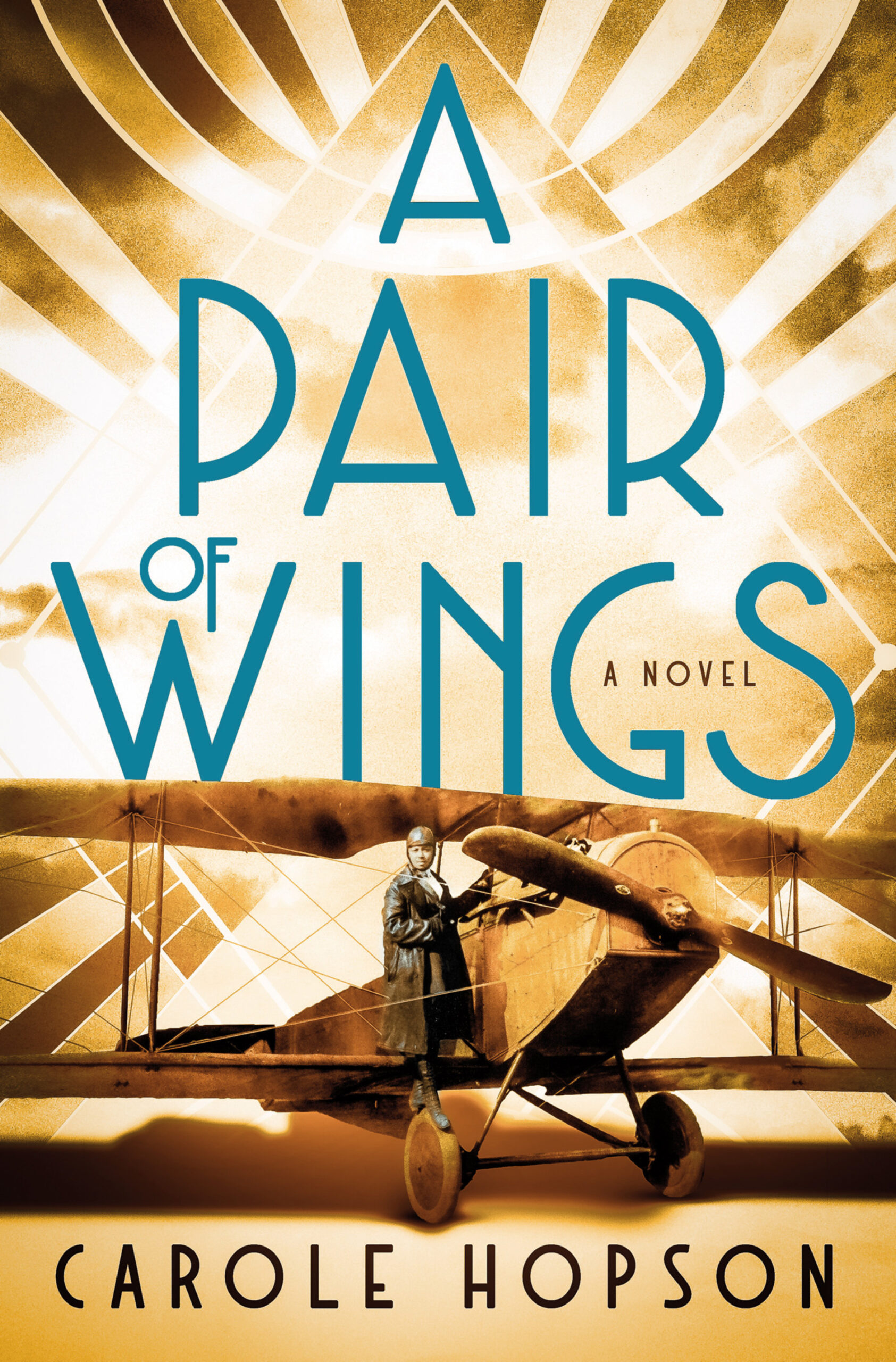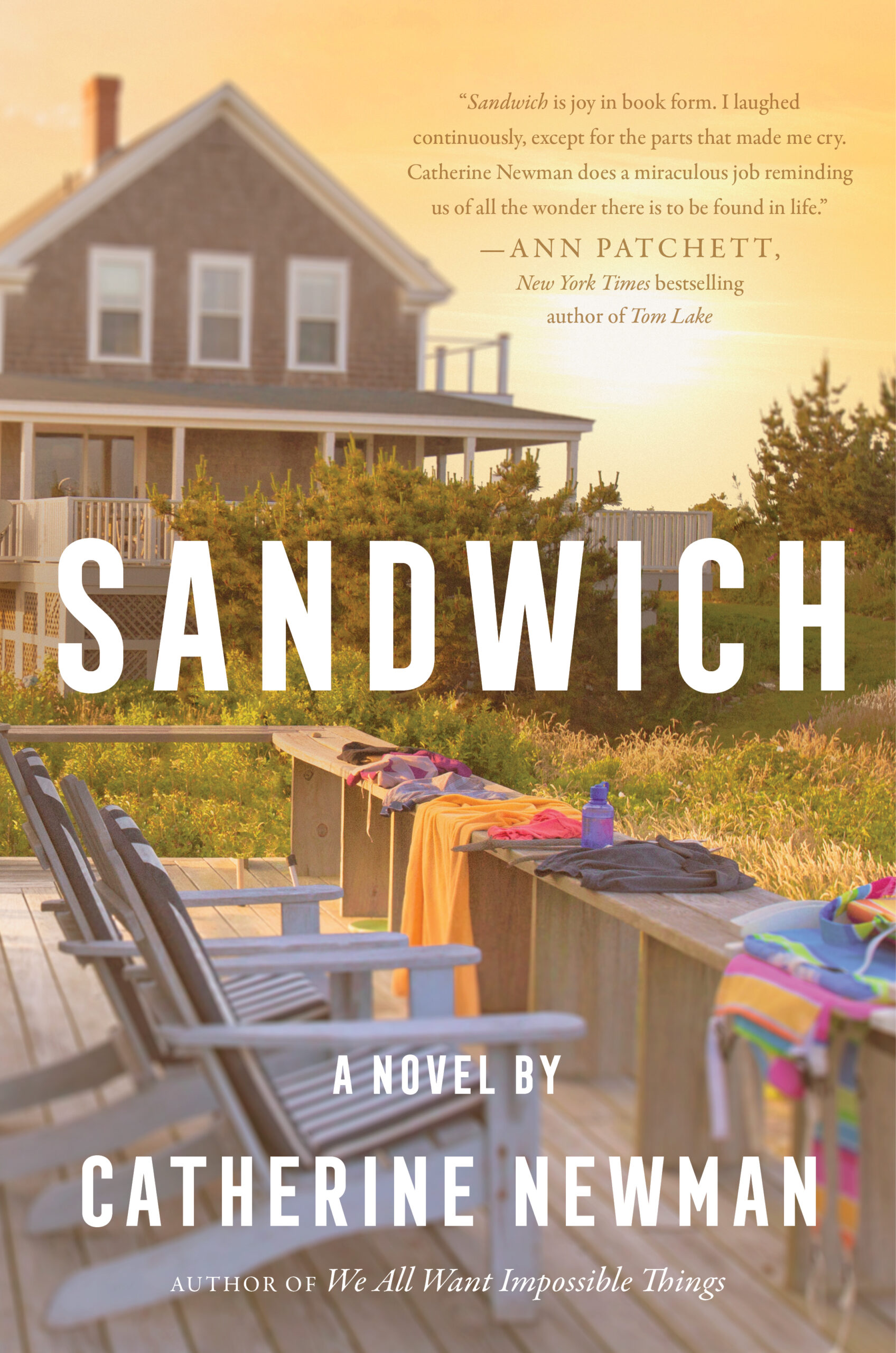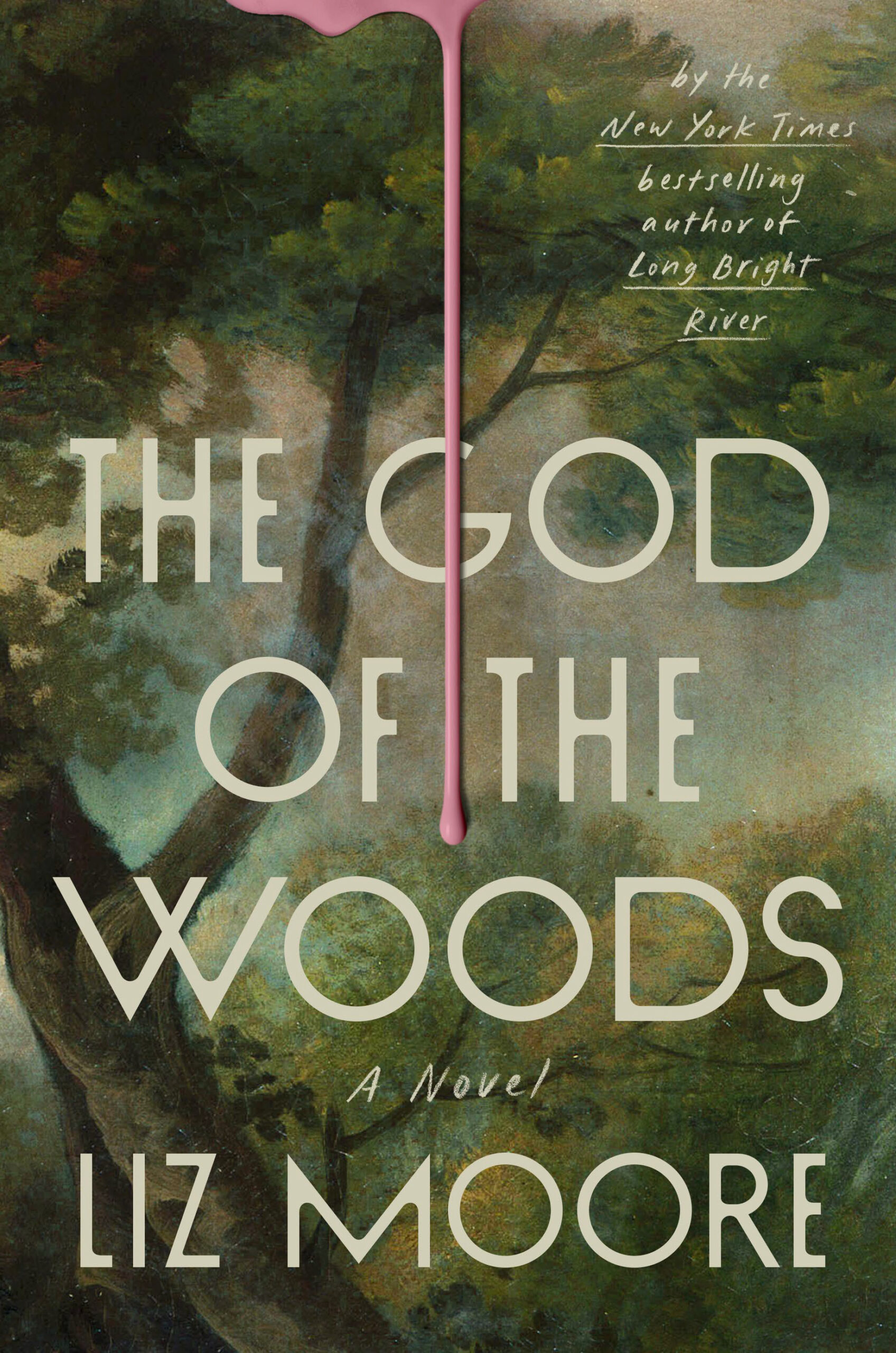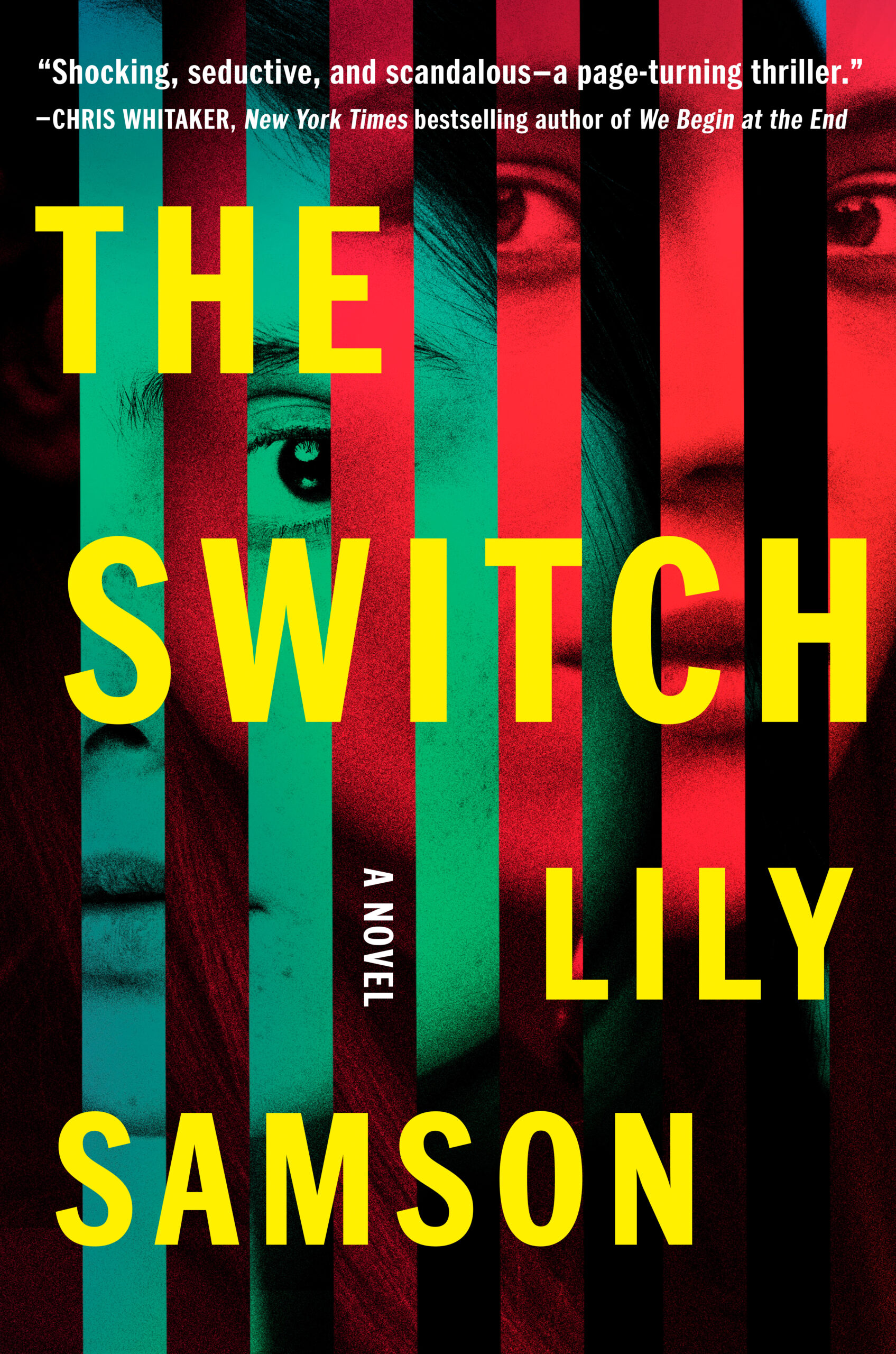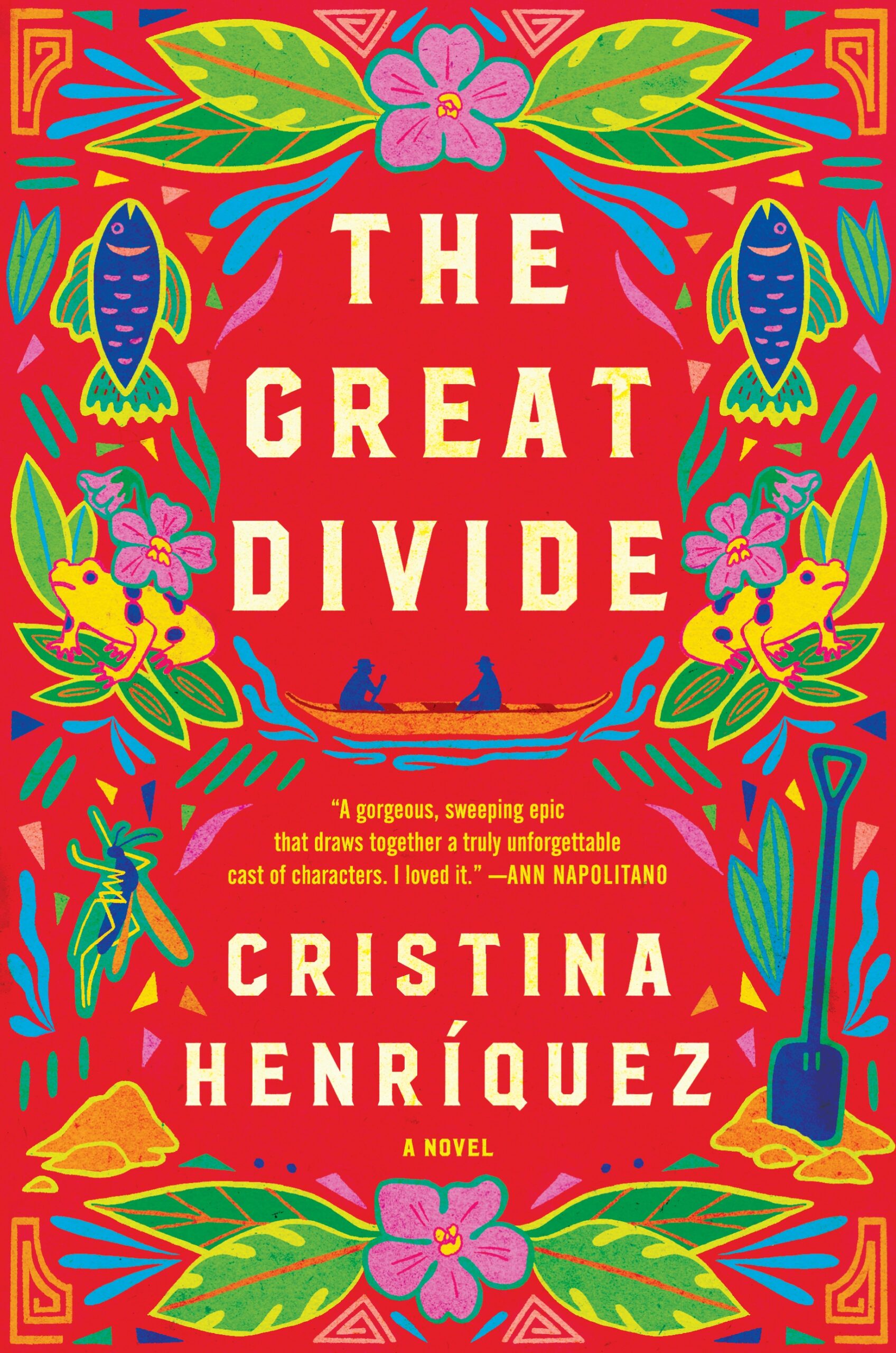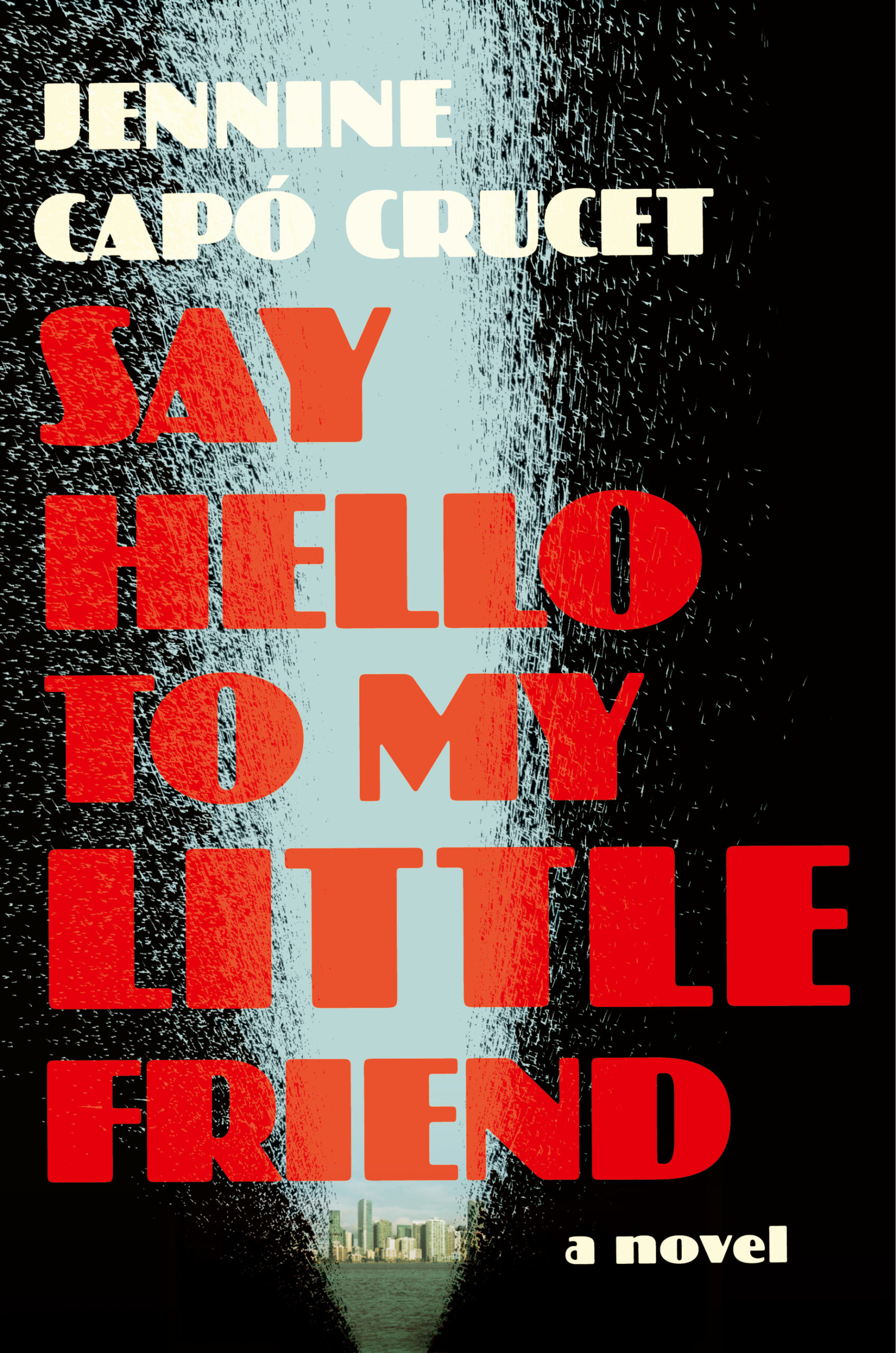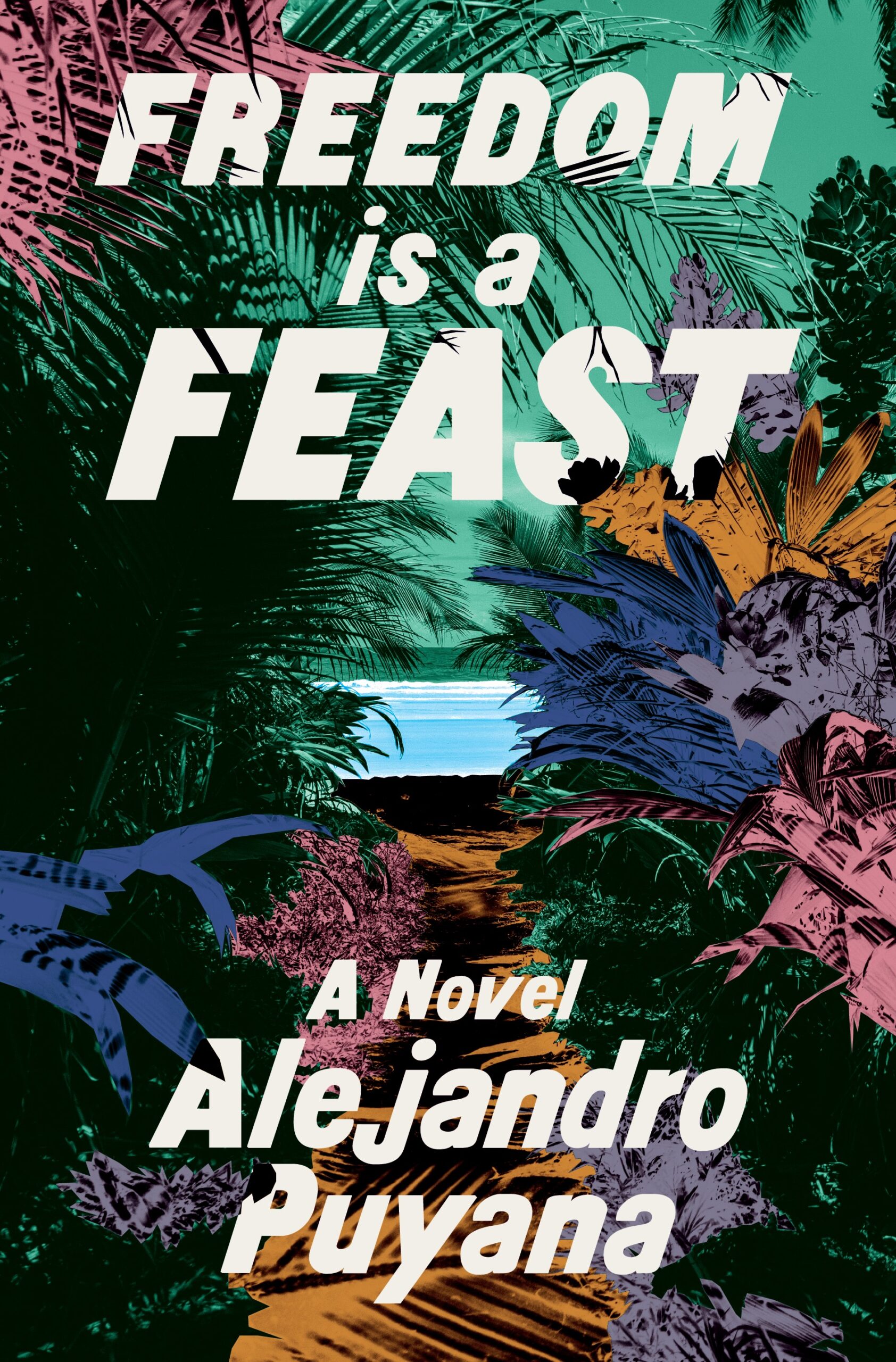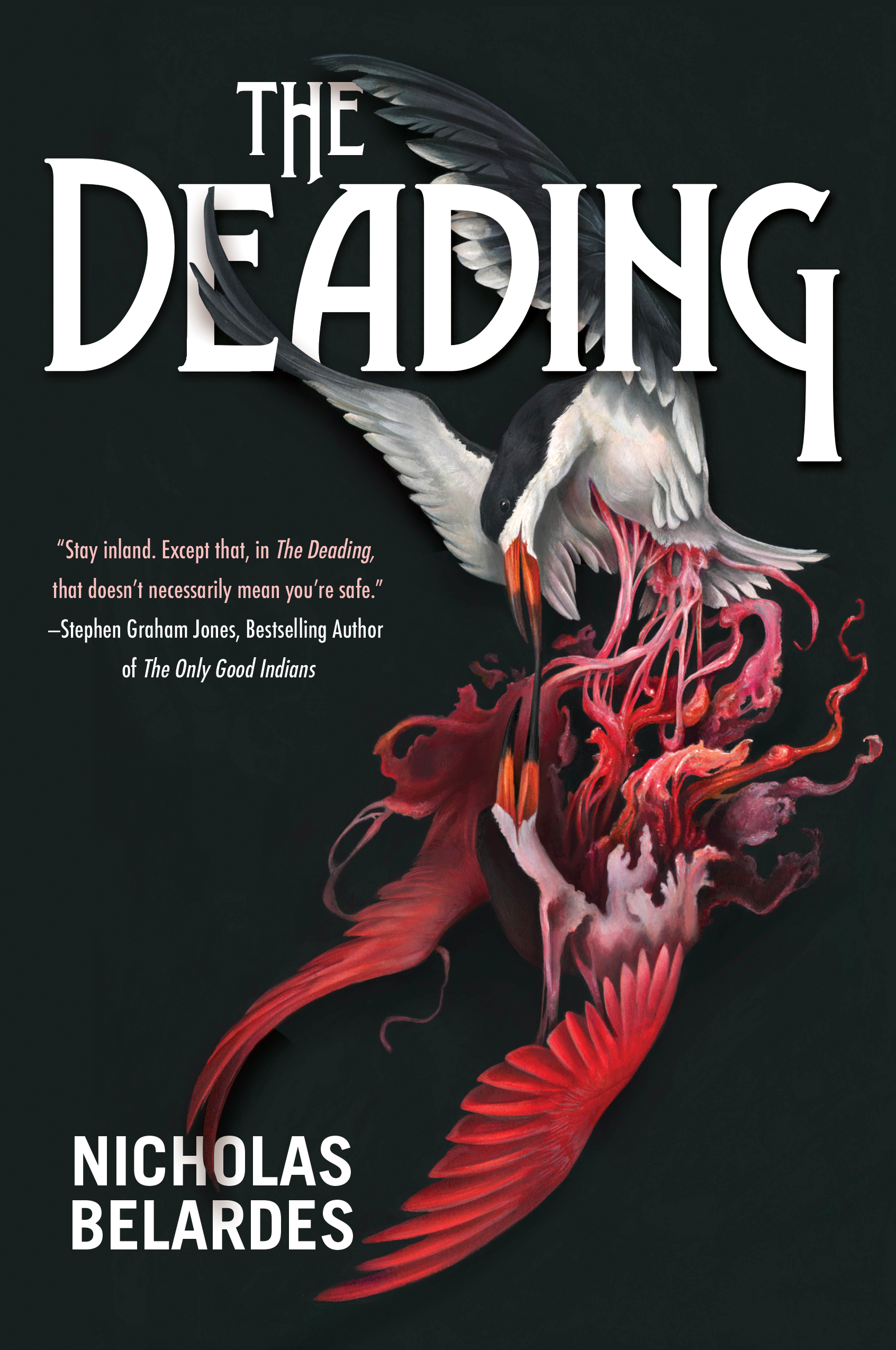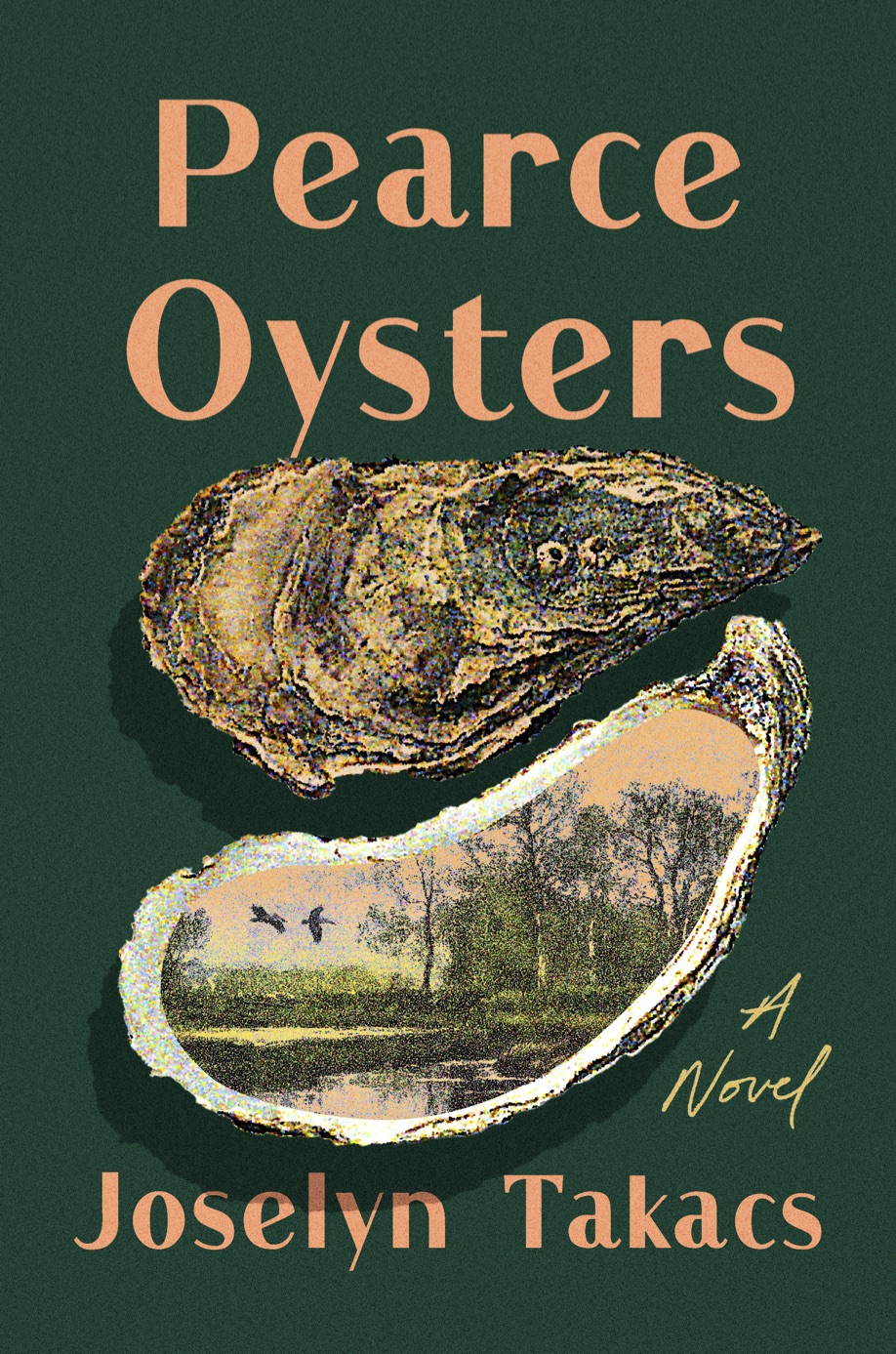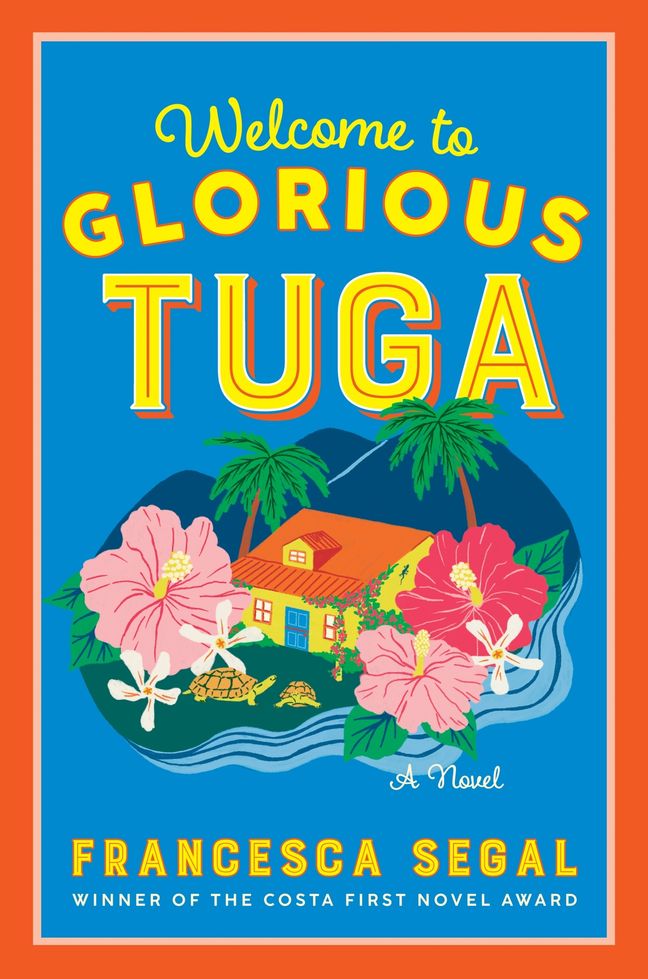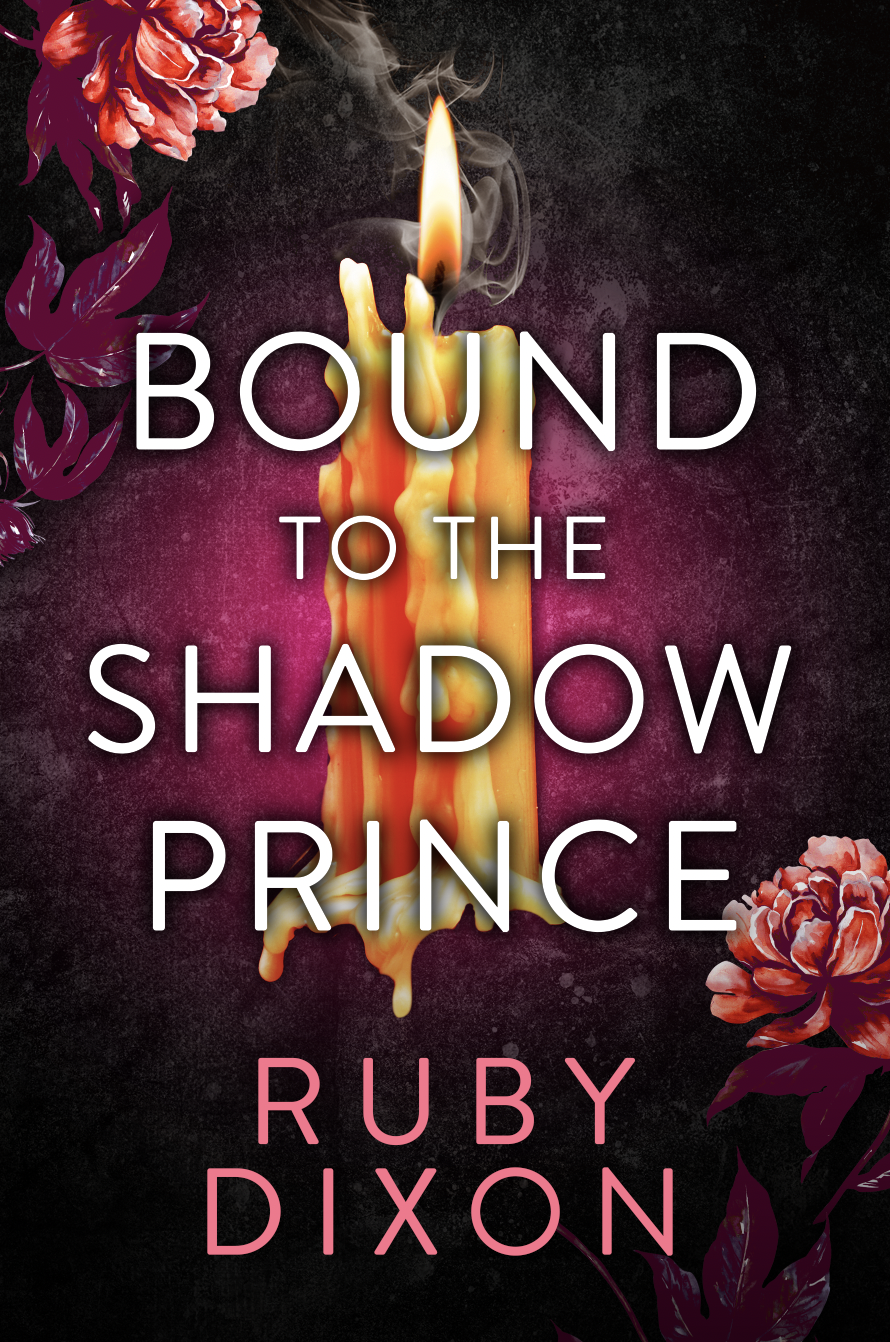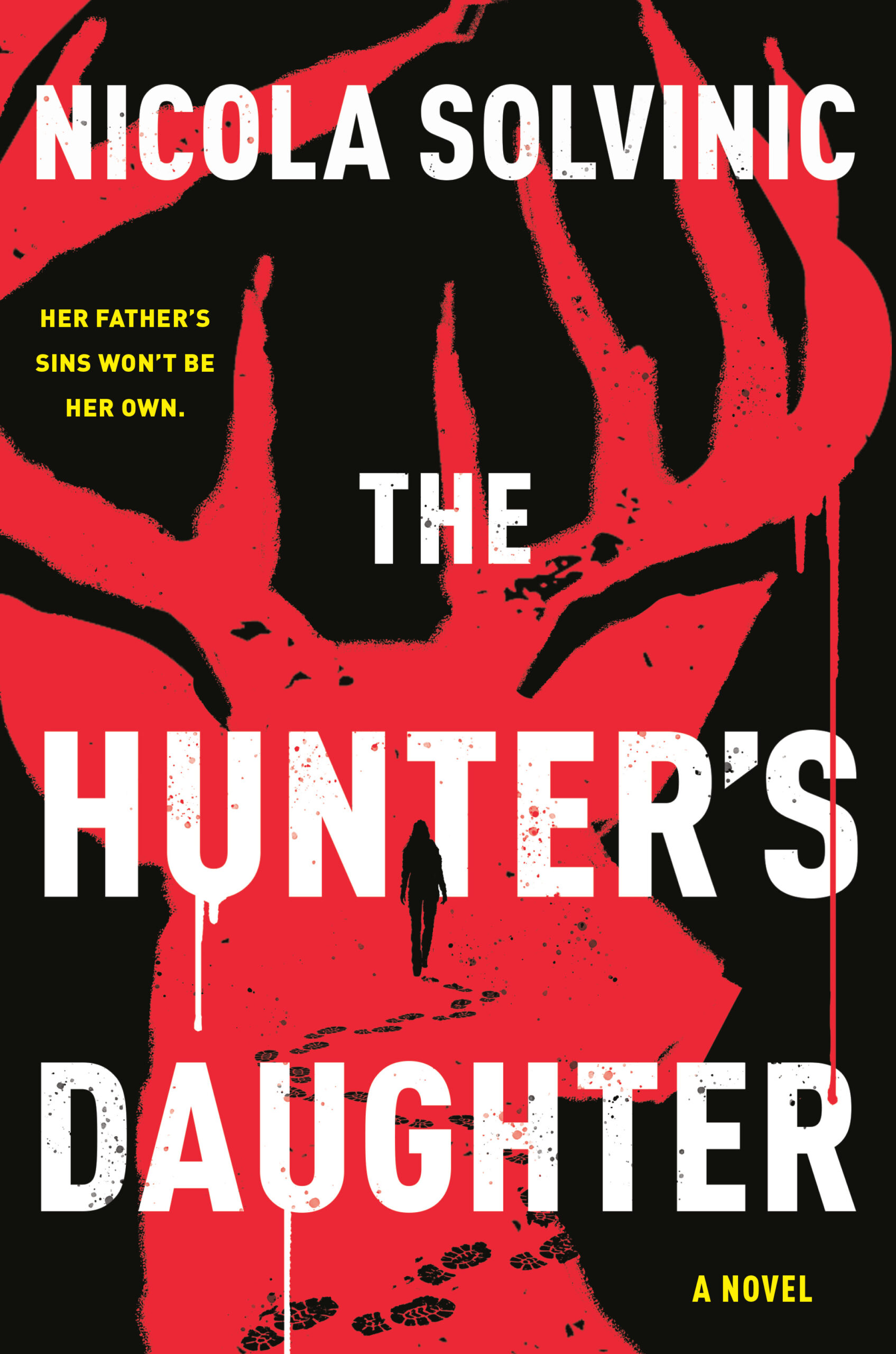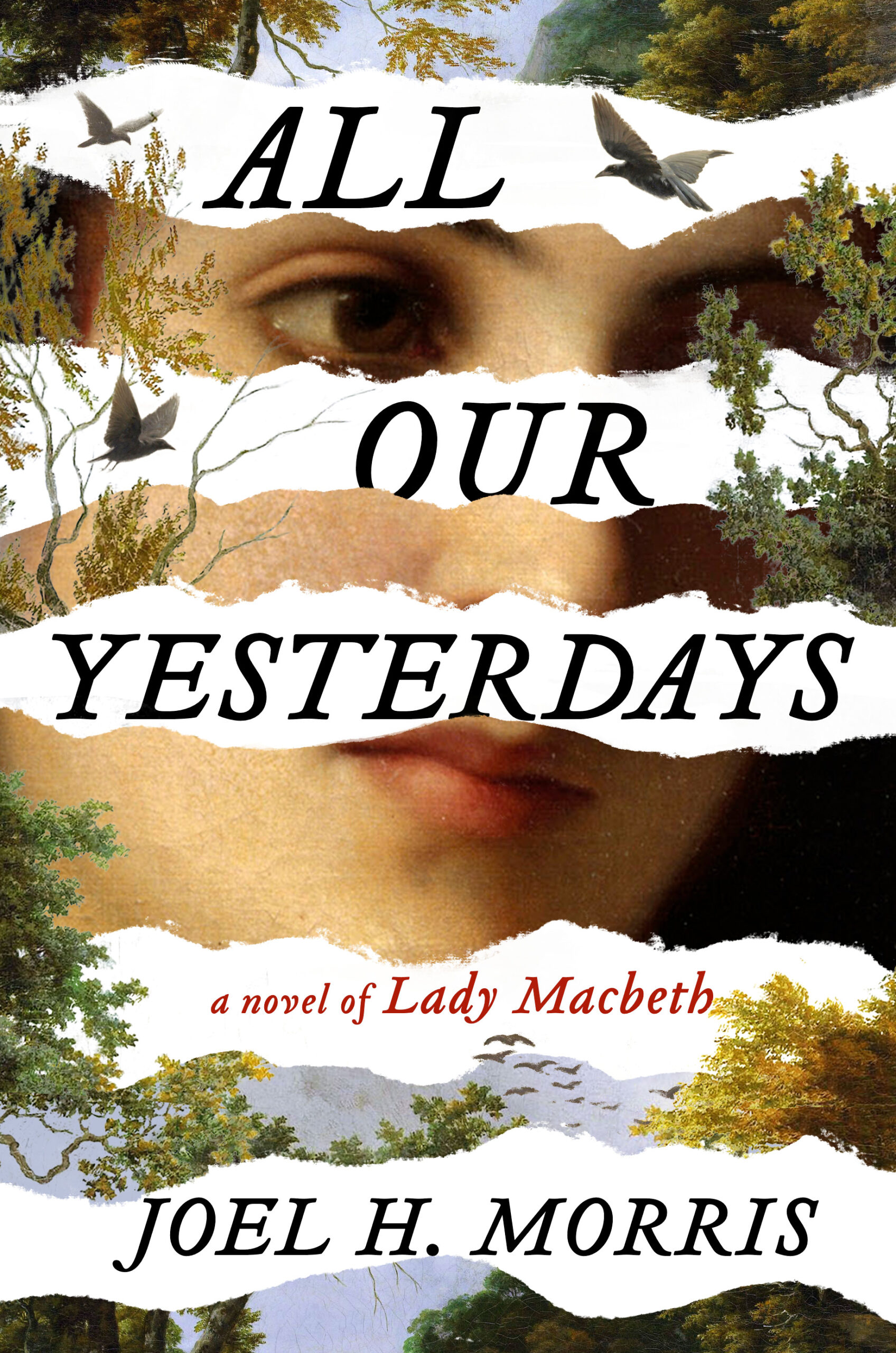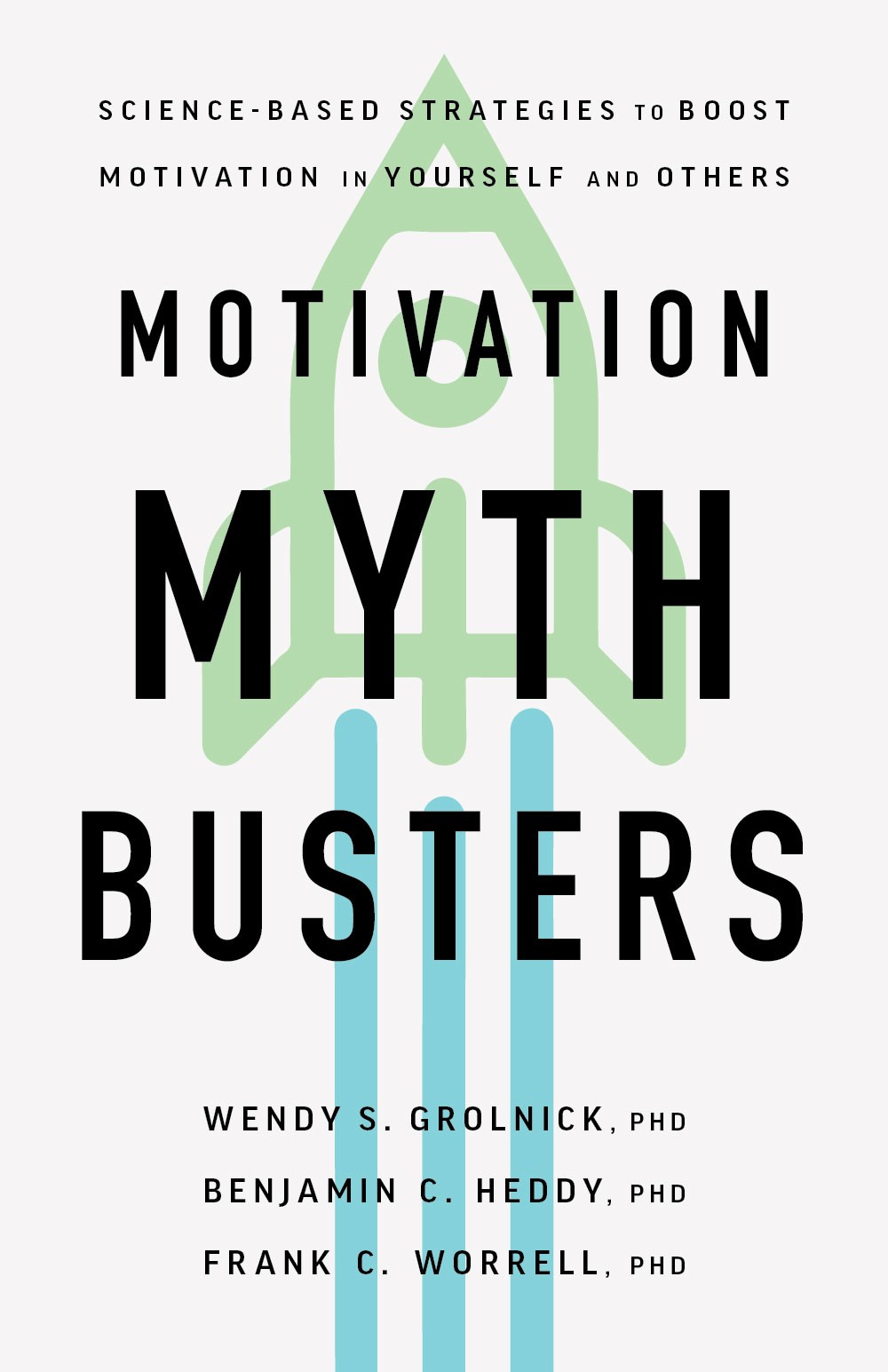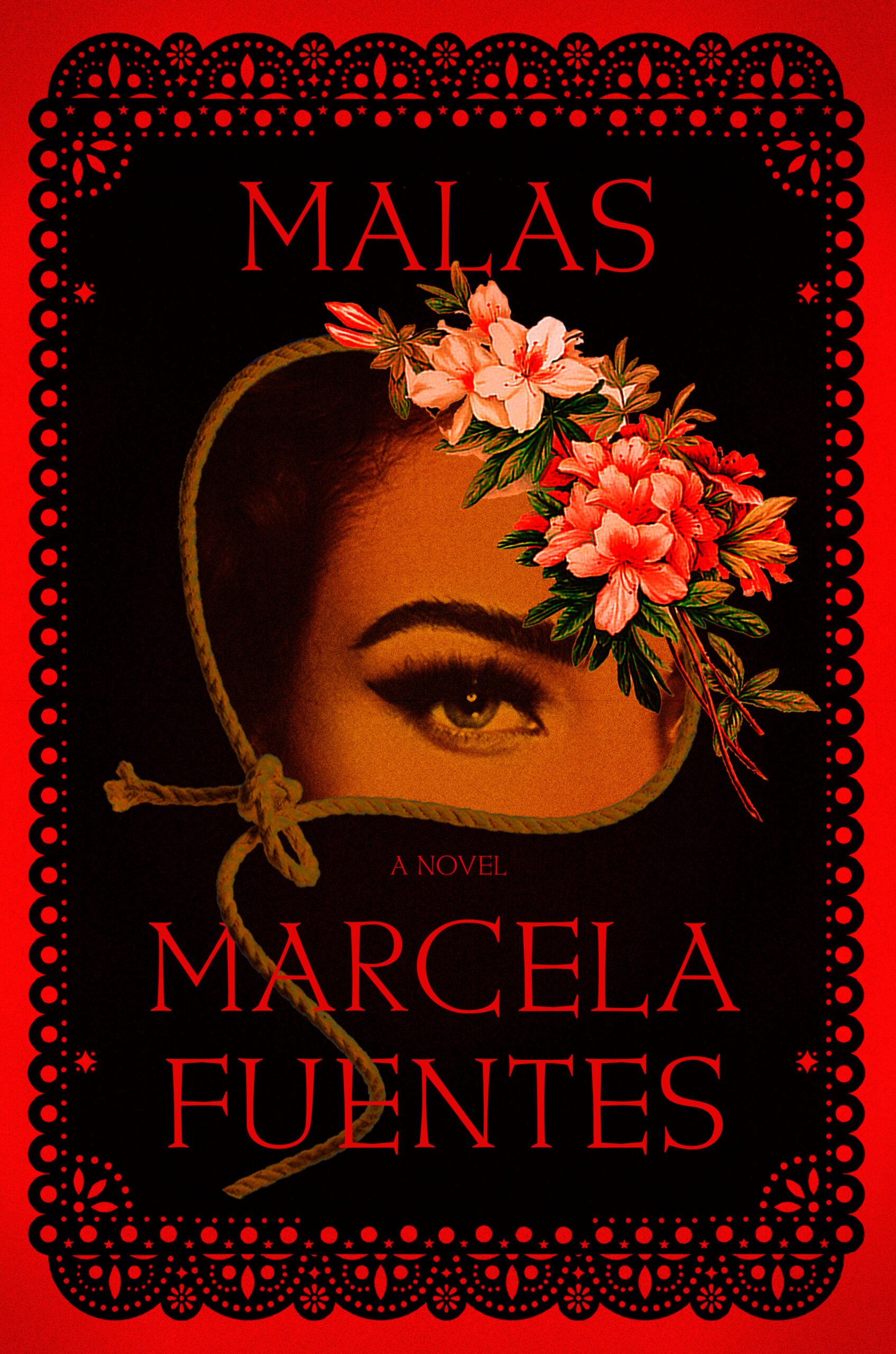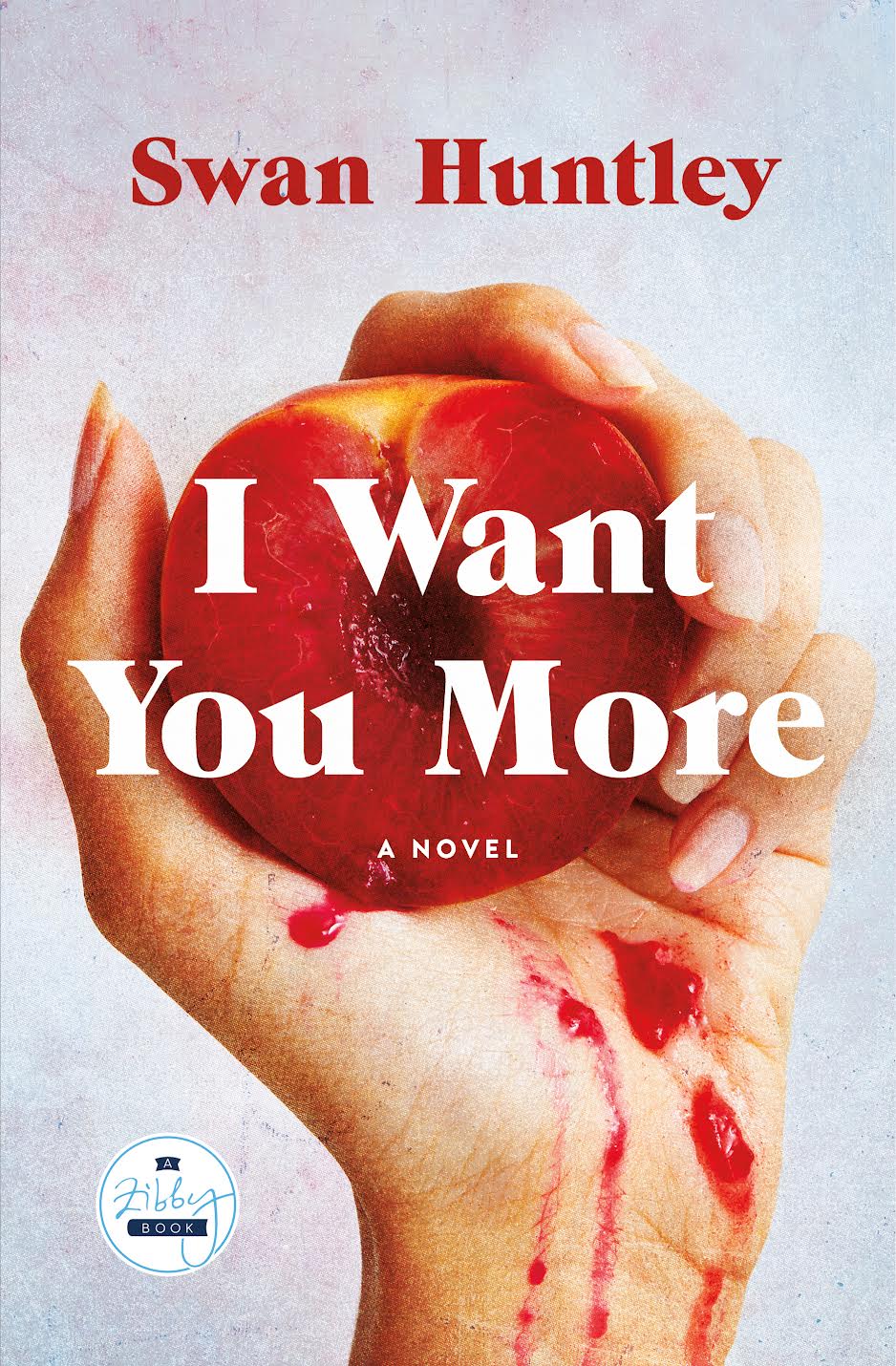From the award-winning author of the Booker-prize finalist We Need New Names, a blockbuster of a novel that chronicles the fall of an oppressive regime, and the chaotic, kinetic potential for real liberation that rises in its wake.
Glory centers around the unexpected fall of Old Horse, a long-serving leader of a fictional country, and the drama that follows for a rumbustious nation of animals on the path to true liberation. Inspired by the unexpected fall by coup, in November 2017, of Robert Mugabe, Zimbabwe’s president of nearly four decades, Bulawayo’s bold, vividly imagined novel shows a country imploding, narrated by a chorus of animal voices who unveil the ruthlessness and cold strategy required to uphold the illusion of absolute power, and the imagination and bullet-proof optimism to overthrow it completely.
As with her debut novel We Need New Names, Bulawayo’s fierce voice and lucid imagery immerses us in the daily life of a traumatized nation, revealing the dazzling life force and irrepressible wit that lies barely concealed beneath the surface of seemingly bleak circumstances. At the center of this tumult is Destiny, who has returned to Jidada from exile to bear witness to revolution—and focus on the unofficial history and the potential legacy of the women who have quietly pulled the strings in this country.
The animal kingdom—its connection to our primal responses and resonance in the mythology, folktales, and fairytales that define cultures the world over—unmasks the surreality of contemporary global politics to help us understand our world more clearly, even as Bulwayo plucks us right out of it. Glory is a blockbuster, an exhilarating ride, and crystalizes a turning point in history with the texture and nuance that only the greatest of fiction can.
A discarded painting in a junk pile, a skeleton in an attic, and the greatest racehorse in American history: from these strands, a Pulitzer Prize-winner braids a sweeping story of spirit, obsession, and injustice across American history.
Kentucky, 1850. An enslaved groom named Jarret and a bay foal forge a bond of understanding that will carry the horse to record-setting victories across the South. When the nation erupts in civil war, an itinerant young artist who has made his name on paintings of the racehorse takes up arms for the Union. On a perilous night, he reunites with the stallion and his groom, very far from the glamor of any racetrack.
New York City, 1954. Martha Jackson, a gallery owner celebrated for taking risks on edgy contemporary painters, becomes obsessed with a 19th-century equestrian oil painting of mysterious provenance.
Washington, DC, 2019. Jess, a Smithsonian scientist from Australia, and Theo, a Nigerian-American art historian, find themselves unexpectedly connected through their shared interest in the horse—one studying the stallion’s bones for clues to his power and endurance, the other uncovering the lost history of the unsung Black horsemen who were critical to his racing success.
Based on the remarkable true story of the record-breaking thoroughbred, Lexington, who became America’s greatest stud sire, Horse is a gripping, multi-layered reckoning with the legacy of enslavement and racism in America.
A brilliantly inventive new novel about loss, growing up, and our relationship with things, by the Booker Prize-finalist author of A Tale for the Time Being.
After the tragic death of his beloved musician father, fourteen-year-old Benny Oh begins to hear voices. The voices belong to the things in his house—a sneaker, a broken Christmas ornament, a piece of wilted lettuce. Although Benny doesn’t understand what these things are saying, he can sense their emotional tone; some are pleasant, a gentle hum or coo, but others are snide, angry and full of pain. When his mother, Annabelle, develops a hoarding problem, the voices grow more clamorous. At first, Benny tries to ignore them, but soon the voices follow him outside the house, onto the street and at school, driving him at last to seek refuge in the silence of a large public library, where objects are well-behaved and know to speak in whispers. There, Benny discovers a strange new world, where “things happen.” He falls in love with a mesmerizing street artist with a smug pet ferret, who uses the library as her performance space. He meets a homeless philosopher-poet, who encourages him to ask important questions and find his own voice amongst the many. And he meets his very own Book—a talking thing—who narrates Benny’s life and teaches him to listen to the things that truly matter.
In today’s world of synthetic pharmaceuticals, scientists and laypeople alike have lost this connection to the natural world. But by ignoring the potential of medicinal plants, we are losing out on the opportunity to discover new life-saving medicines needed in the fight against the greatest medical challenge of this century: the rise of the post-antibiotic era. Antibiotic-resistant microbes plague us all. Each year, 700,000 people die due to these untreatable infections; by 2050, 10 million annual deaths are expected unless we act now. No one understands this better than Dr. Cassandra Quave, whose groundbreaking research as a leading medical ethnobotanist—someone who identifies and studies plants that may be able to treat antimicrobial resistance and other threatening illnesses—is helping to provide clues for the next generation of advanced medicines. In The Plant Hunter, Dr. Quave weaves together science, botany, and memoir to tell us the extraordinary story of her own journey. Traveling by canoe, ATV, mule, airboat, and on foot, she has conducted field research in the flooded forests of the remote Amazon, the murky swamps of southern Florida, the rolling hills of central Italy, isolated mountaintops in Albania and Kosovo, and volcanic isles arising out of the Mediterranean—all in search of natural compounds, long-known to traditional healers, that could help save us all from the looming crisis of untreatable superbugs. And as a person born with multiple congenital defects of her skeletal system, she’s done it all with just one leg. Filled with grit, tragedy, triumph, awe, and scientific discovery, her story illuminates how the path forward for medical discovery may be found in nature’s oldest remedies.
A producer at the Belfast bureau of the BBC, Tessa is at work one day when the news of another raid comes on the air. The IRA may have gone underground after the Good Friday Agreement of 1998, but they never really went away, and lately, bomb threats, security checkpoints, and helicopters floating ominously over the city have become features of everyday life. As the news reporter requests the public’s help in locating those responsible for this latest raid—a robbery at a gas station—Tessa’s sister, Marian, appears onscreen. She watches in shock as Marian pulls a black ski mask over her face.
The police believe Marian has joined the IRA, but Tessa knows this is impossible. Though their family is Catholic, they were raised to oppose the violence enacted in the name of Republicanism. The sisters have attended peace vigils together. And besides, Marian is vacationing on the north coast. Tessa just spoke to her yesterday.
When the truth of what has happened to Marian reveals itself, Tessa is faced with impossible choices that test the limits of her ideals, the bonds of her family, her notions of right and wrong, and her identity as a sister and a mother. Walking an increasingly perilous road, she fears nothing more than endangering the one person she loves more fiercely than her sister: her infant son, Finn.
A riveting and exquisite novel about family, terror, motherhood, betrayal, and the staggering human costs of an intractable conflict, Northern Spy cements Flynn Berry’s reputation as one of the most sophisticated and accomplished authors of crime and suspense novels working today.
From the #1 New York Times bestselling author of The Boys in the Boat, a gripping World War II saga of patriotism and courage: the special Japanese-American Army unit that overcame brutal odds in Europe; their families, incarcerated back home; and a young man who refused to surrender his constitutional rights, even if it meant imprisonment.
They came from across the continent and Hawaii. Their parents taught them to embrace both their Japanese heritage and the ways of their American homeland. They faced bigotry, yet they believed in their bright futures as American citizens. But within days of Pearl Harbor, the FBI was ransacking their houses and locking up their fathers. And within months many would themselves be living behind barbed wire.
Facing the Mountain is an unforgettable chronicle of war-time America and the battlefields of Europe. Based on Daniel James Brown’s extensive interviews with the families of the protagonists as well as deep archival research, it portrays the kaleidoscopic journey of four Japanese-American families and their sons, who volunteered for 442nd Regimental Combat Team and were deployed to France, Germany, and Italy, where they were asked to do the near impossible.
But this is more than a war story. Brown also tells the story of these soldiers’ parents, immigrants who were forced to shutter the businesses, surrender their homes, and submit to life in concentration camps on U.S. soil. Woven throughout is the chronicle of a brave young man, one of a cadre of patriotic resisters who stood up against their government in defense of their own rights. Whether fighting on battlefields or in courtrooms, these were Americans under unprecedented strain, doing what Americans do best–striving, resisting, pushing back, rising up, standing on principle, laying down their lives, and enduring.
“If you fight that motherf**ker and you don’t win, you’re going to come home and fight me.” Not the advice you’d normally expect from your grandmother—but Danielle Henderson would be the first to tell you her childhood was anything but conventional.
Abandoned at ten years old by a mother who wanted to start a new family with her drug-addicted, abusive boyfriend, Danielle was raised by grandparents who thought their child-rearing days had ended in the 1960s. She grew up Black and weird, before weird was cool, in a mostly white neighborhood in upstate New York, which created its own identity crises. Under the eye-rolling, foul-mouthed, loving tutelage of her unapologetic grandmother—and the horror movies she obsessively watched—Danielle grew into a tall, awkward, Sassy-loving teenager who wore black eyeliner as lipstick and was struggling with the aftermath of her mother’s choices. But she also learned that she had the strength and smarts to save herself: her grandmother gifting her a faith in her own capabilities that the world would not have most Black girls believe.
With humor, wit, and deep insight, Danielle shares how she grew up and grew wise—and the lessons she’s carried from those days to these. In the process, she upends our conventional understanding of family and redefines its boundaries to include the millions of people that share her story.
“Between life and death there is a library, and within that library, the shelves go on forever. Every book provides a chance to try another life you could have lived. To see how things would be if you had made other choices… Would you have done anything different, if you had the chance to undo your regrets?” A dazzling novel about all the choices that go into a life well lived, from the internationally bestselling author of Reasons to Stay Alive and How To Stop Time.
It is 997 CE, the end of the Dark Ages. England is facing attacks from the Welsh in the west and the Vikings in the east. Those in power bend justice according to their will, regardless of ordinary people and often in conflict with the king. Without a clear rule of law, chaos reigns. In these turbulent times, three characters find their lives intertwined. A young boatbuilder’s life is turned upside down when the only home he’s ever known is raided by Vikings, forcing him and his family to move and start their lives anew in a small hamlet where he does not fit in. . . A Norman noblewoman marries for love, following her husband across the sea to a new land, but the customs of her husband’s homeland are shockingly different, and as she begins to realize that everyone around her is engaged in a constant, brutal battle for power, it becomes clear that a single misstep could be catastrophic. . . A monk dreams of transforming his humble abbey into a center of learning that will be admired throughout Europe. And each in turn comes into dangerous conflict with a clever and ruthless bishop who will do anything to increase his wealth and power.
“I am Ana. I was the wife of Jesus.” So begins the new novel from the number one New York Times bestselling author of The Secret Life of Bees and The Invention of Wings, an extraordinary story set in the first century about a woman who finds her voice and her destiny in a time of great despair and great hope.

